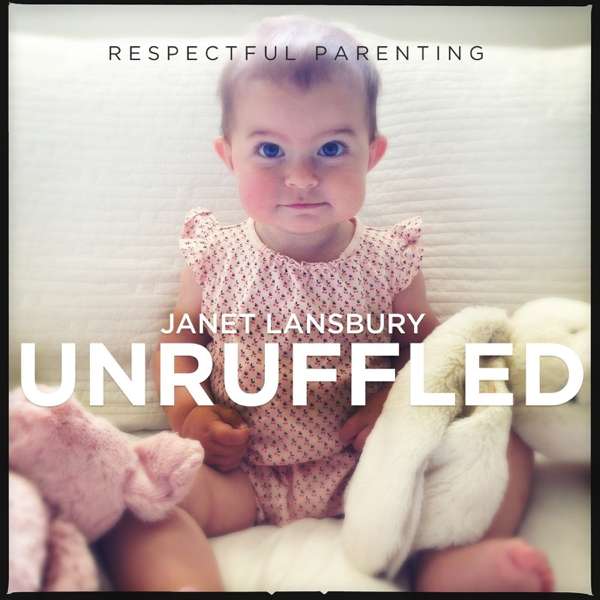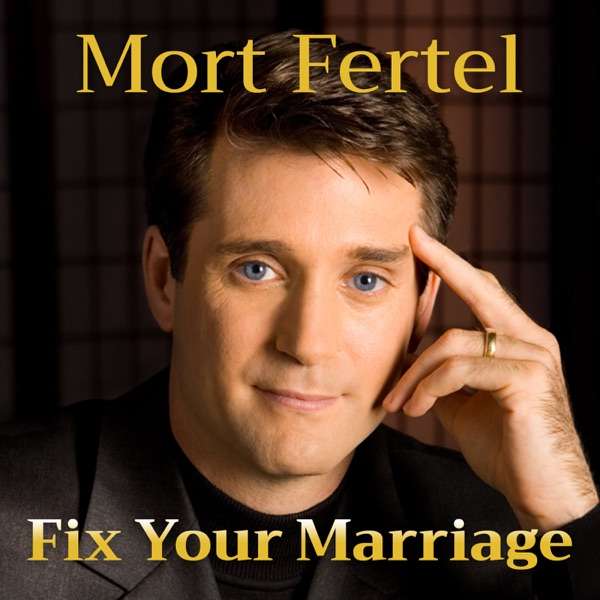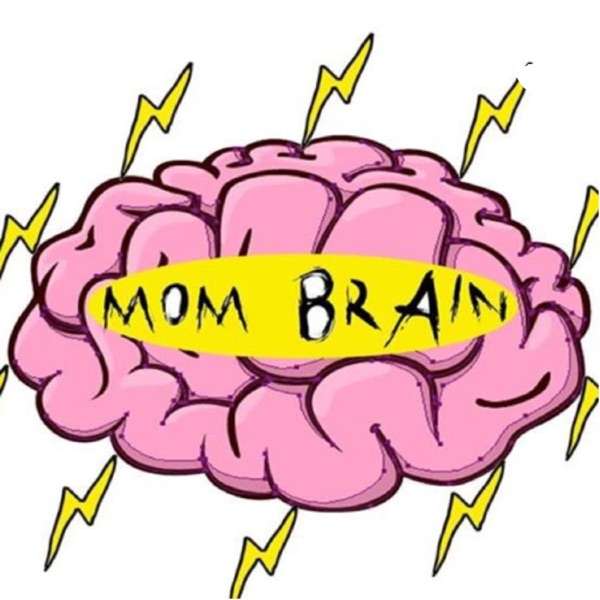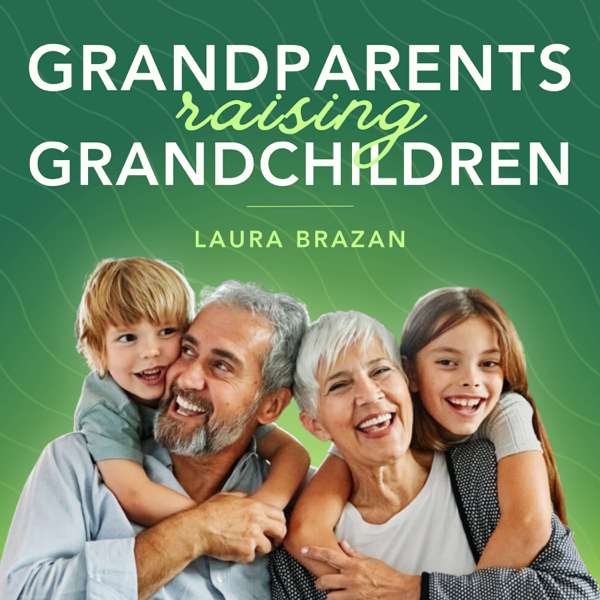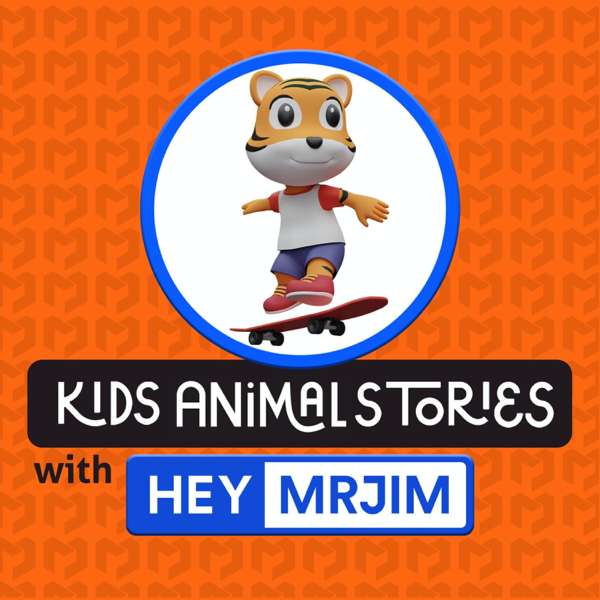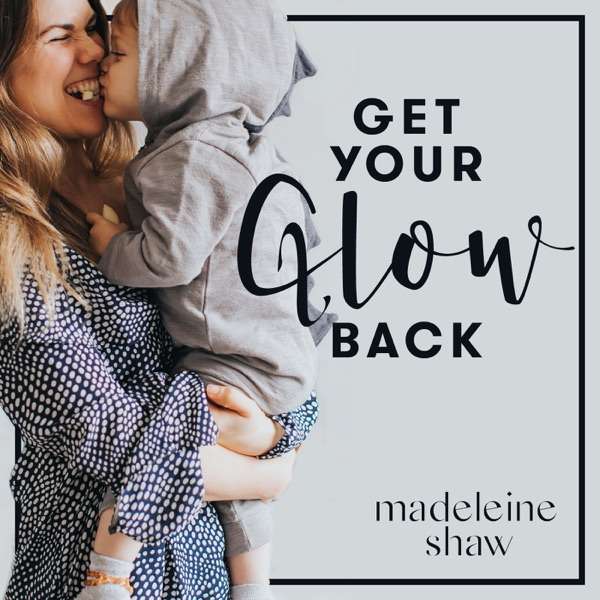Having effective parent and teenager communication is important for a healthy relationship. A mom and her teen discuss their communication style.
Show/Hide Transcript
How to Talk to a Teen
[Show open]
Mariel Gutierrez: Hi everyone. You’re listening to the Faith and Family Podcast. A Christian family community that aims to promote Christian values for every phase of your family’s life. I’m Mariel Gutierrez. This week, I actually have my own daughter with us as we explore how to communicate effectively and why open communication is important, especially as she’s growing up and developing into her own person.
Mariel: Oh, my goodness. Hi, Mattea.
Mattea Gutierrez: Hi, Mom.
Mariel: So Miss Mattea is turning 16 this year. She’s going to be a junior in high school. Wow, I can’t believe it. And how else would you describe yourself, Mattea? Like, what are you into these days?
Mattea: I’m very into immersing myself in media that I can find on the internet. I really like to read and stuff like that. I’m always at the library of my school, which is really nice. I like to just listen to music, play on bass and guitar. Super, super chill.
Mariel: So how would you describe our relationship, Mattea?
Mattea: We’re super, super besties. Yeah, I don’t think there’s any other way to say it. Of course, we are a mother and daughter, but I think just we’re able to talk about a lot of things and I’m able to talk about the most things with you, of course, because I’ve known you since I was not born yet. And even since then, it’s like you knew I loved to dance to Donna Summer when you were pregnant with me. So and then we’ve had that awesome connection. We know each other very well.
Mariel: That is very true. And we still listen to seventies music and dance around and sing around. In the car, especially when we’re driving. Besties indeed. I think that’s how I describe us also. But I mean, I think we have balance like bestie/parent balance. Not quite…
Mattea: …like besties only, no limits. Like, we definitely have those moments where it’s like we’re going to be honest with each other. And then we’re just going to, you know, talk about life and help each other out and stuff.
Mariel: Do you, do you ever get startled when I have to turn mom on? Like, Mom mode?
Mattea: It depends on the situation. If I’m aware of the thing that I have to be kind of reminded of. Yeah. I’m like, yeah, you’re right. You’re right. And of course, I’m going to listen to you because if my mom saying it, then she’s right. She knows everything because, you know, mom senses. But for sure, it’s helped us, even though it startles me, sometimes it does help us become even more besties, getting to know that stuff.
Parent and teenager communication
Mariel: That’s true. And I mean it’s kind of proof that I would never lie to you, right? OK, well, we’re here to talk about effective parent and teenager communication. Is that you? Based on parenting websites, you and your child are communicating effectively when—OK, here’s the list Mattea. OK? So you and your child are communicating effectively when (let’s see if we hit these marks): you both feel able to talk freely about your feelings and you feel heard and understood. Do we want to comment on that? What do you think? Do you feel free to talk about your feelings?
Mattea: Yes. Besties.
Mariel: Oh, that’s good. And you feel heard and understood?
Mattea: I feel very heard and understood. And I hope you feel heard and understood even by an almost 16-year-old.
Mariel: I mean, yeah, you know I’m really happy where were we that we are at? Where we are, like, you know, you’re 16 and you could be, I don’t know, I don’t know. Like you’re so much better than I was at 16. So I’m glad that you feel that way, that you feel like you can talk freely and express yourself and that you feel heard and understood. All right.
And then the second bullet says that you talk about all the little stuff and you feel comfortable talking about the tough stuff when you need to.
Mattea: For sure, because I mean, I have a diary and I have everything in my diary. And sometimes, I tell everything to my diary, but if I write everything in my diary, I probably told more to you.
I read in it and then it’s like when we’re talking, I just pull it out and like, what am I forgetting to say to you about my day? Oh, yeah. We talk about other little stuff. We have lots of cute little inside jokes with that. And so, you know, that even makes it comfortable to talk about tough stuff because, you know, sometimes for me it’s hard to talk about tough stuff, but it’s since we already know each other, we like how we react to different little things and stuff like that really helps to just kind of is that even if that’s throwing in little jokes with the tough stuff.
Mariel: That’s true. I think it’s because like, we really, really, really, really know each other, right? And I think that we or we have a really good sense of when it’s jokey time and when it’s like, “OK Mom, you need to listen” or, you know, or vice versa. But I do enjoy that. I like the little stuff in between. Like, for example, I love the the texts in the middle of the day or just a meme or like..
Mattea: …like a random selfie. We also send or sometimes we’ll share songs. Yeah. Right. Yeah. So I love that integration. Sometimes even like in a parent perspective, it’s tough to talk about the tough stuff because we’re trying to also balance and make sure you know that while we’re talking to you that we love you. Yeah. And it’s not just like we’re getting on you or there’s blame involved. Like, you’re this or that or you’re feeling at this or whatever. It’s really. Yeah, not like that at all. So just so you know, the tough talks are also tough on us. I know.
So this last bullet, it says here you have a close and easy way of sharing things and you both know you won’t be judged because you love and care about each other.
Mattea: Yeah, that’s us. Because we find ways to relate to situations just a lot that could be different intensities. Like, I don’t know, even when I’m little and I had an accident in my pants, and you’ll be like, “That’s OK. I had that, too, and it’s OK because you’re not the only person who does when you’re six years old.”
Like we’re able to be ourselves, with those inside jokes. They’re inside jokes for a reason. We wouldn’t be that to just anyone, our coworkers or or classmates or any of that.
Mariel: That’s true.
Mattea: So, yeah, we, we know each other, we get each other, and yeah, there’s no judgments in our interactions.
Mariel: That’s very true. I feel like judgment comes when there’s blame or there’s, I don’t know, there’s some obviously there’s something negative about judgment, right? Yeah. And I like the example that you actually shared. Like when you make a mistake as a child, you know, and you’re not afraid to be like, “Oh no, are we going to get in trouble?”
And I think that, as a parent, because the response, at least for me and your dad, it’s like we try not to be reactionary. So that means if something spills, the first thing is we check on you guys. “Are you OK? We can clean it up.” It’s OK, right? Instead of being like, “What were you thinking! Roar!” No. No roaring in our house. Yeah, we are loud for sure. But. Oh, yes, no roaring. So Mattea…
Mattea: Mother?
Mariel: What would you say was a meaningful discussion that we had that stood out to you?
Mattea: You know, it’s kind of—you know when you’re baking, it’s like the inside of a cake has to be baked first before the outside is baked. So you could be a fully baked perfect cake. So, a lot of our discussions are very much like that with having our internal selves benefit, you know, the way we are externally.
I know one good discussion. One time it was I was having a really rough time with myself, just mental health and stuff, all of that. And, you know, I was, I was much younger than now. And so it was I thought, wow, I’ve never dealt with anything like this before and how do I tell Mom and all that? Because I thought it was something I could deal with. I always tried to be independent, but sometimes that’s not the solution, because it was really bothering me. And so, you know, I finally come up to you and it was, it was really good because you let me know that, there was no judgment with that and that, you know, this is a safe place to share, all of those feelings and that I’m not the only one who’s dealing with that. So, I wouldn’t have to rely on myself to feel better, which was really, really good.
Mariel: I know you don’t have all the answers sometimes, and that’s OK. But do you remember what that topic was, though?
Mattea: It was mental health stuff. So if it was just mostly very intrusive thoughts about not being just in the simplest terms, I being a good person, I’m hurting people and all that. Like hurting the people I love and stuff like that.
Mariel: Or by like the way you act?
Mattea: Like the way I act and all of that because I do have my moments sometimes. And then at one point it was just so it was just bothering me to the point where it’s like I couldn’t do the things that I loved just because that bothered me so much, you know?
So, it would sometimes make me cry because it was it was that upsetting to me. Yeah. And I thought, well, just assumed because I’m in a super loving household, why am I feeling all of this kind of doubt for the love that I would give back?
And so that’s why, you know, it was so meaningful to have that conversation about what I’m feeling is nothing wrong and that it’s still a safe place. Like, even though we do have our moments that doesn’t get rid of, all the good that we surround ourselves and the people we love with, you know?
Mariel: Yeah, baby. I do appreciate though. I know I will say this, and it is like a “parent flex,” you know? And it really has nothing to do with me, but I am really proud of how introspective you are. And some of the things that, you think about or you consider are so foundational and like you said, very intrinsic. Like, when you I really love the analogy you gave about, baking from the inside first because there’s a metaphor where they say, you know, when you’re pregnant, that you’re baking, you know?
Mattea: Oh yeah.
Mariel: So I guess it’s like you’re not really completely done baking even when you come out of the oven?
Mattea: Yes.
Mariel: So that was a really good analogy. But you are very insightful. And I love the way that you think about how you are and how your actions affect people.
So for me, I actually want to answer this question, too. You know, a meaningful discussion that we had that stood out to me was I think—and I think it’s what helps our relationship and that’s why I’m sharing it—is that when I also realized I was making an intrinsic mistake like in the way that perhaps affected, you and your brother, I also apologized and I remember, just saying, hey, maybe it shouldn’t have been that way I’m really sorry, you know, and I acknowledged it, and then I said, “Oh, OK. I’m sorry, that was Mommy’s mistake.” And you know, after that, I meant it and it didn’t happen again, you know? So I know that I’ve apologized a lot over the years. Because, again, just human, right? We’re all just it’s a house full of humans.
And I mean, just because we’re parents, it doesn’t mean that we are perfect or that we have all the answers right away. And I think that what I apologized for, one of the first things I remember apologizing for was calling you “Mommy #2.” Do you remember that?
Mattea: Oh, yeah. Yeah. You know, we had a, we found a book in the library one time. It was my first big move to a new school, new house and all that. And so, you know, we’d go to the library a lot, and we even went to this—was it I think it might have been the school library—where I was mommy #1, mommy #2. And then it’s the older sister had to kind of take over as a mommy #2 for the brother, you know, just like so you could have extra care and all that. And, we kind of connected it to us because whenever we saw a mother and daughter and books and all that, we’re like “That’s us!” because, you know, it’s the sweetest little stuff.
Mariel: Well I mean, I think that for me, it was almost like I didn’t want you to feel that it was your responsibility. And I think I realized that because, I mean, when you’re the first child as you are, as I am, as your dad is, actually also there’s often like a feeling of responsibility to take care of the your siblings under you.
And I think that I had put that on you. And I you know, at some point sometimes I had forgotten that you were just a kid, too, you know, even though you were called Mommy #2, or we said it in a loving way, right? For you to help out and for you to assume responsibility. But at the same time, I think that we both you actually, too, because you became very serious. Do you remember that?
Mattea: Yeah. Yeah.
Mariel: But, and I remembered I’m just like, man, she’s just a kid. And then I remember apologizing to you and then reminding you, you know what? You’re just a kid. You shouldn’t take things so seriously, because I remember that talk. Yeah, but I thought that that was, a meaningful discussion that we had it’s an opportunity for me to say hey, to be, you know, the same thing introspective, reflective, and then tell you I’m sorry.
Mattea: Yeah, yeah. And I really like that conversation. Those really I really appreciate that one. Yeah. Yeah. That helped me even joke around more not only with my brother, but also with you and dad I start to let loose.
Mariel: You almost parented yourself, too.
Mattea: I would almost parent myself, too. I would try to be like I was just so used to being mature for my age that it made, it came to the point where it’s like I couldn’t even be friends with my brother. I couldn’t really be friends with other kids my age. But now hearing this, it really did help. And it’s like, I feel like I’m a [more fun] person now.
Mariel: Yeah. We are happy, she is happy, we’re all healthy. Happy and healthy. All right. So as your parents, Mattea, you know we’re always here to talk about anything on your mind, right? OK, so experts actually say that effective communication can help if you’re feeling disconnected with your child.
Hmm. You feel disconnected with your child, you and your child don’t speak. You want to encourage your child to talk about what’s going on, I guess, on their end right? And you want to improve your relationship with your child. So they’re saying that effective communication can help all that.
That’s true. But I also feel like there are some foundational aspects, you know, that have to happen before you can reach being that person that your child can connect to. Right? Because it’s like you can’t just be like, oh, we’re disconnected. So we have to connect now by communicating. Yeah.
Mattea: Like, you can’t just [say] let’s, let’s just talk it out, right? Because there’s so much building up to what does disconnect.
Mariel: Right, exactly. And I feel like there’s a lot of “in-between” that needs to happen in terms of creating a safe space for that discussion. You know, there are reasons why you and your child don’t speak, right? There are reasons why you don’t feel connected to your child. And there are reasons why you feel you might need to encourage your kid to talk about what’s going on with them.
So yeah, I think that those are my thoughts. I think that like there has to be a pathway towards that. And communication, while it is…or effective communication can help you connect, definitely. But it can’t just be like, “Here’s my style of talking, you’re going to listen.” Right? Yeah. “And then that’s that. And now we’re connected.” You know, it’s not automatic like that.
Like for us, even I think it took years. There’s different phases of our communication right? I remember, there was a middle school phase. Where it was like, you know, you were a little more on the serious side. And so I think sometimes there were like quieter moments, and that was OK.
But those were the times where I was like, I felt as a parent, that I had to give you your space, but also that, you know, that I’m here, you know? Those were the times where I would have to just ask you, “How’s your day?” But also not respond, not respond with reactions just so you felt safe, you know?
So it took us a while to build up this rapport and this safe space for us to be able to be so comfortable, you know? So I think that those are my thoughts. I think that, yes, while effective communication does help bridge all of these things like disconnect, you know, not speaking with each other, et cetera. I think that there’s a method to it that involves a lot of like mutual respect. Right? It can’t be demanding, like, “No, we’re going to talk now!” Or judgment based where it’s like, “I’m the parent, so I know what’s right. And you’re going to listen.” Because it’s not really conversation.
What to say to start a conversation
Mattea: Yeah. Like, you can’t really go into there with complete expectations because, you know, even with disconnecting with someone, it’s like you wouldn’t have expected that. Like you you would have thought you did all the right things. But, you know, like you ended up with this disconnection.
If I were to say to a friend or someone who would have a parent that they’re having trouble talking to, I wouldn’t exactly push them because of course, it’s their own personal reasons that they’re having trouble talking to their parents or they choose not to, which you know, we’ve got to respect that and all that. But if they really, really crave to reconnect with their parents, then definitely just like it’s definitely like you said, it’s really little things in between to get to different stages and different levels of even more stronger bonds, you know? It can’t just be like, “Hey, I asked how your day was. Why can’t we be best friends now?”
Because, you know, there are lots of steps to get to a disconnect. So you’re probably going to have to take those that same amount of steps, maybe even more to, you know, come back to where you were in the first place. So, you know, like you said, it can’t just be an immediate abrupt change like snap of the fingers. It can’t just be like that, because all good things take time. You know, that saying, like all good things take time? And, you know, even if it does take a long time and it’s really hard to reconnect at the end, you might even see something good happening. And, you know, it’ll be much more fulfilling like that than a spontaneous burst of reconnecting than after that completely dropping it.
But yeah, you know, I think that’s what should happen. But, what about a parent, Mom, who’s having a hard time approaching their teenager? What would you say to a parent? How would they do? Like, what do you know what to say to start a conversation?
Mariel: With their child? You know, like I mentioned there are a lot of steps, right? I think we both agree there are a lot of steps to get there, but creating a safe place is number one. And I think that that includes the environment, right? So it’s not just about like what you say, it’s really about you know, the environment. Is it—are you always busy or are you always looking down at your laptop and you’re just kind of shooting them like, “Hey, how’s your day?” You know, that doesn’t make them feel like they’re seen, right? But at least I think in our in our home, I know me and dad are on the laptop a lot. So are you and Bap (nickname for Massimo, Mattea’s younger brother), you know, but I mean, when it’s time to talk, like you really have all of our attention, you know, when it’s time to talk-talk. You know, we look at your face. You know, we listen to everything you say without interruption. You know, we don’t listen to respond. So that’s another thing, too. And sometimes it’s like just because you’re talking and you’re both like in a dialog, it doesn’t mean it’s your turn.
And by that, I mean it’s like sometimes with you, too. Like, sometimes you’ll share something. You’re super excited. I sometimes I don’t need to ask follow up, cause sometimes I just need to share your energy, you know? Yeah, exactly. If you’re like, “Yay!” Then I’m like, “Yay!” you know? We don’t have to force anything.
So I think it really just starts with the environment of like safety and, and listening so in order for you to be a good communicator and to start a conversation with your child, I think that first you need to, again, number one, create a safe atmosphere so to speak, you know, and then two, be a good listener. And that means like listening without judgment, listening without the expectation of like, “Oh, I better respond or I better know how to respond like a parent.” Or, you know, “I better admonish them.”
You don’t need to admonish all the time, right? Sometimes your kid’s just excited about something and you have to just like, share the energy. Yeah. How do I know what to say, though? As a start, again it’s baby steps. It’s because they’re I think that every parent, once they get through those steps of like, “OK, we’ve created this safe environment to speak and we are, you know, listening without judgment.” I think that it’ll come naturally, you know. Like for us, we sometimes communicate through music. Yeah, right. Sometimes, yeah. We’ll communicate through memes or we’ll share TikToks.
But that’s our communication style, right? And so for others, it could be, I don’t know, it could be through food. It could be through like shared interests, you know? Yeah. So it’s not necessarily what you say, but it’s how you are. So if you really want to connect, I think you just have to be open and to be ready to respect your child as a human, right, that has something to say that is meaningful to them.
Mattea: So true.
Mariel: So true. All right. So Misha…
Mattea: Mommy…
Mariel: …which is your nickname sometimes, along with many other nicknames. How do you feel about us praying together?
Mattea: Yeah we just definitely have a really good no-judgment relationship with God. And so it’s, it’s kind of it kind of feels like that us praying together even when we were little, when you would help me pray. It would help.
Mattea: It would also help me pray to God, you know? So yeah, I think it’s neat.
Mariel: love that you’ve carried that over, that you still continue to pray. I mean, I know that you’re going to be driving soon.
Mattea: Oh, yeah.
Mariel: On your own. So you get any extra, extra, extra, extra, extra prayer in the car by yourself this time.
Mattea: So yeah. No training wheels for this.
Mariel: No no training wheels. Just God, right? But you know, ever since I knew that I was pregnant with you, I started a journal and I started praying, obviously, for you, which is, you know, something that a lot of Christian moms will do for their babies, right? And common things that they’ll pray for are things like, “I pray that my baby is healthy.” Of course, right? They pray for things like a healthy delivery and, you know, ten toes, ten fingers, or, you know, that everything goes well. They pray to accept God’s will. That’s another thing, because pregnancy is a very delicate time. And, you know, I love you, but you belong to God.
Mattea: Yes.
Mariel: Right. And so that’s another thing that is a common prayer among Christian mothers. But for you specifically, I remember when you were still, I was still pregnant with you, I always already thinking deep into your future.The specific thing that I was thinking about before because it mattered a lot to me, you know? And I had thought that, you know, I pray that God gives you a really good spouse.
Because at least for me, it’s like my support system at the time, of course, was your dad and still is, you know. Your dad. And it made such a big impact in my life to have someone that was gifted to me from God that I had prayed for. And so I was thinking I’m like, that’s probably going to be something huge in your life, you know?
That was one of the more specific prayers I had for you, but otherwise on the more general, my prayer is really about like your safety you know, because I can’t have eye on you all the time, you know, and we don’t want to be like, I mean, the world’s kind of crazy, obviously, right? We don’t want to be like, I don’t know, we don’t want to fearmonger you where it’s just like, “No, you can’t go out because this might happen or that might happen!”
And the truth is, anything can happen. And that really circles back to the prayer when you’re pregnant, like the Christian mom prayer, which is to accept God’s will, but also to surrender you to God. And that means, you know, “God, keep my child safe. I trust you, whatever Your will is.” You know?
But also, yeah, just your safekeeping is like one of my tops. And of course, your faith you know, and that’s something we talk about all the time. Yeah. And I think that that’s an ongoing thing anyhow, like how to support you at different times in regards to your faith. But that’s something I pray about, too. Oh, one of the biggest prayers, actually.
Oh, my goodness. Like, I pray for so many things for you. But one of the biggest prayers I remember when I had the baby blues back when you guys were really little. Yeah. And I remember thinking that I wasn’t a great mom. I wasn’t good enough for you guys deserved better, you know? And it really made me really sad. But also, I was like, well, you know what? Maybe God can help me be the mom that you guys deserve. So that was a huge prayer, I think, when you and your brother were little.
Mattea: Aww.
Mariel: Yeah. We love you. Do you pray for anything in specific? Do you pray for me?
Mattea: Like, you are quite the busy worker bee and the like. You have work. You have—you love writing, and, you know, that’s really awesome. Although sometimes it could carry on to really late in the night/early in the morning. My prayer for you is that your career, it’s stable and you’re just having constantly good work, because, that’s really important for work. And but other than that—having a successful career, a balanced career, like one to be happy with especially— I hope that, you also balance career with your own personal happiness, life outside of work because I know you work a lot, but definitely I pray that you can balance that out. So you could still be well-rounded human being. You know? Yeah.
Mariel: Oh, that’s very sweet. Thank you.
Mattea: You’re welcome.
Mariel: I pray for that, too. Maybe one day I will learn. All right. Well, Mattea, Mattea, thank you so much for joining this discussion. It’s our hope that, like other parents and even teenagers can relate and share their experiences So I’m Mariel Gutierrez and…
Mattea: Mattea.
Mariel: And Mattea Gutierrez. And thank you for listening to the Faith and Family podcast. Don’t forget to like and subscribe and follow INCMediaNews on Instagram for or the latest on INCMedia.org. Bye!
Mattea: Toodle-oo!
[Show close]
The post How to Talk to a Teen appeared first on incmedia.org.

 Our TOPPODCAST Picks
Our TOPPODCAST Picks  Stay Connected
Stay Connected


